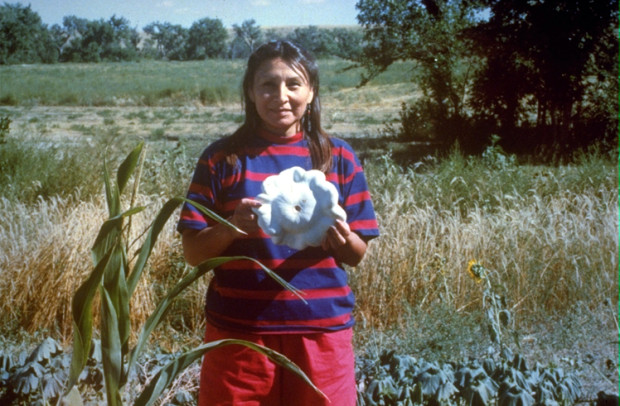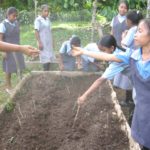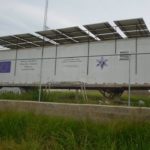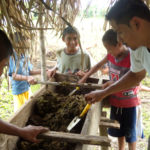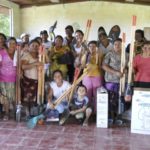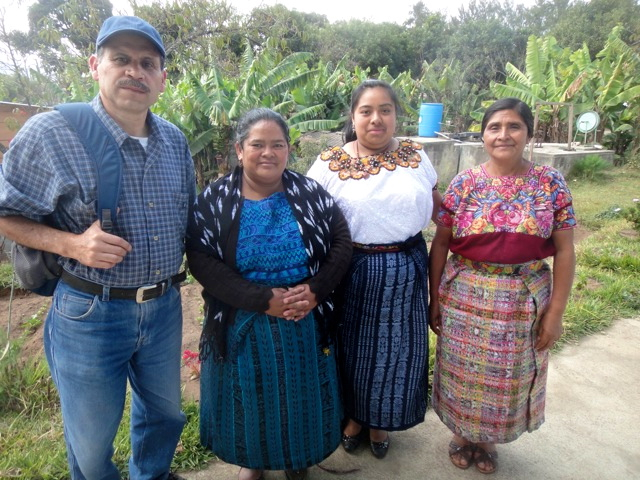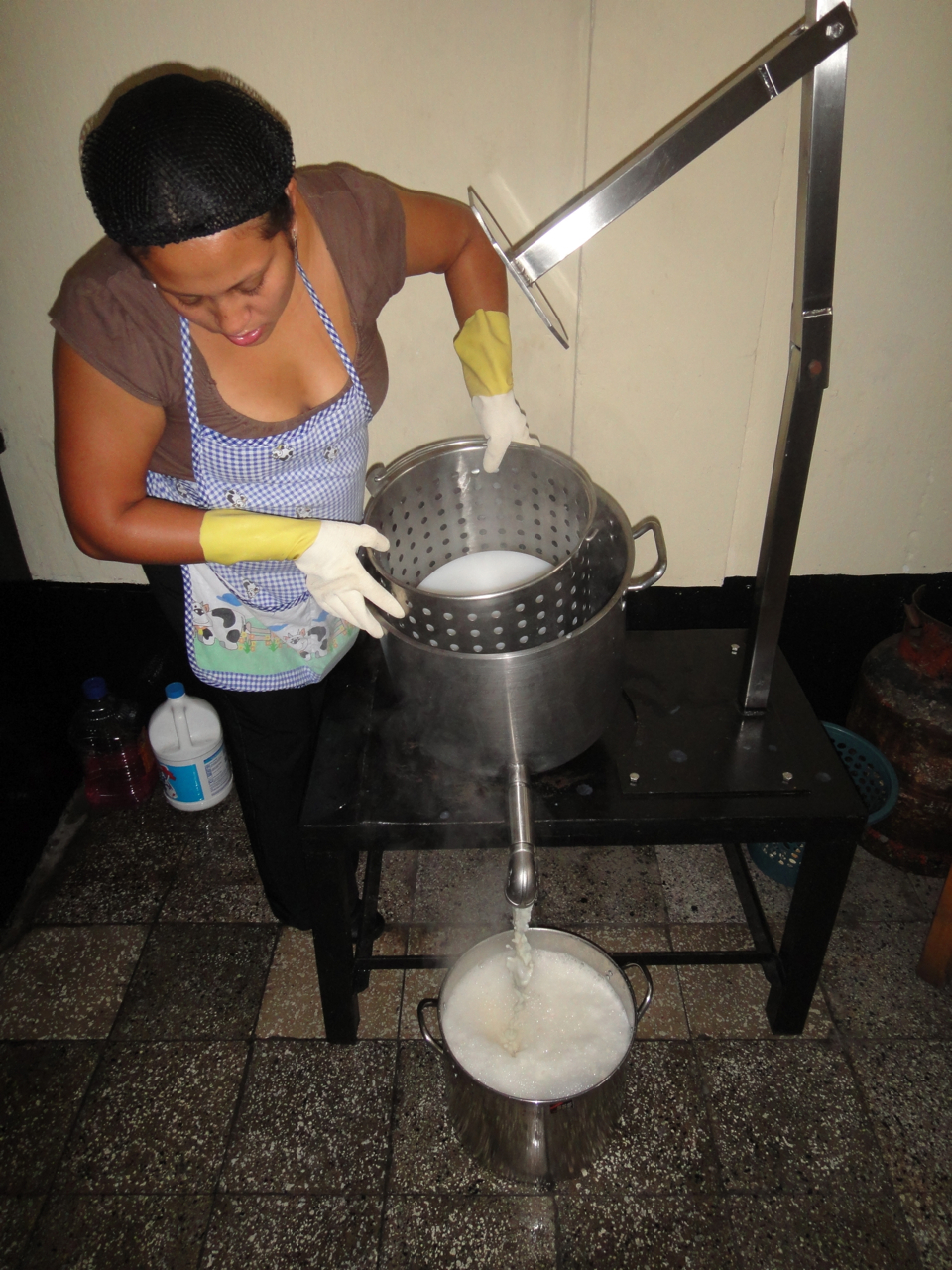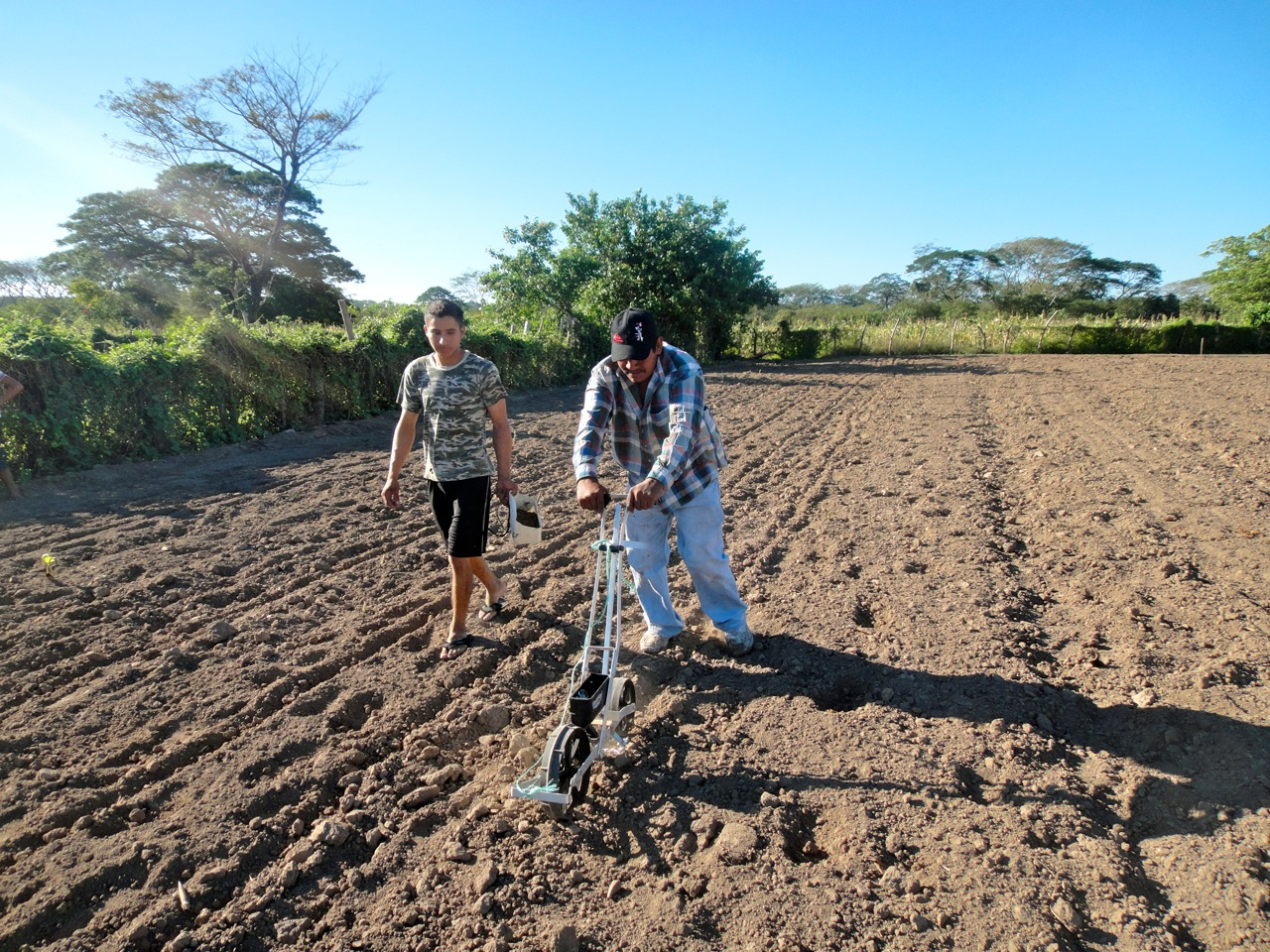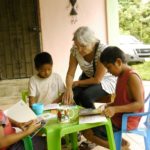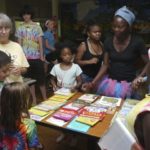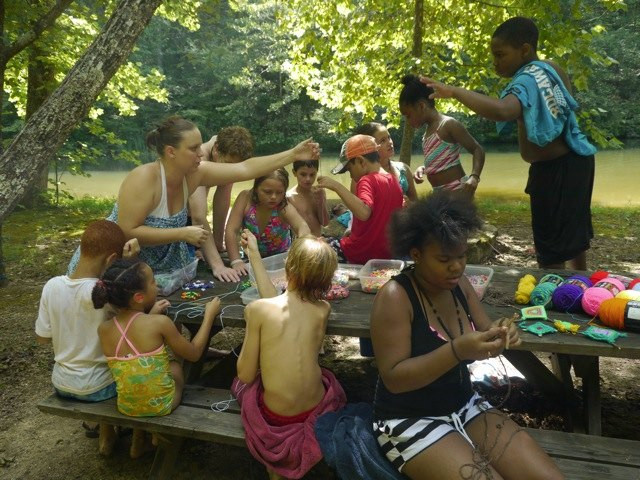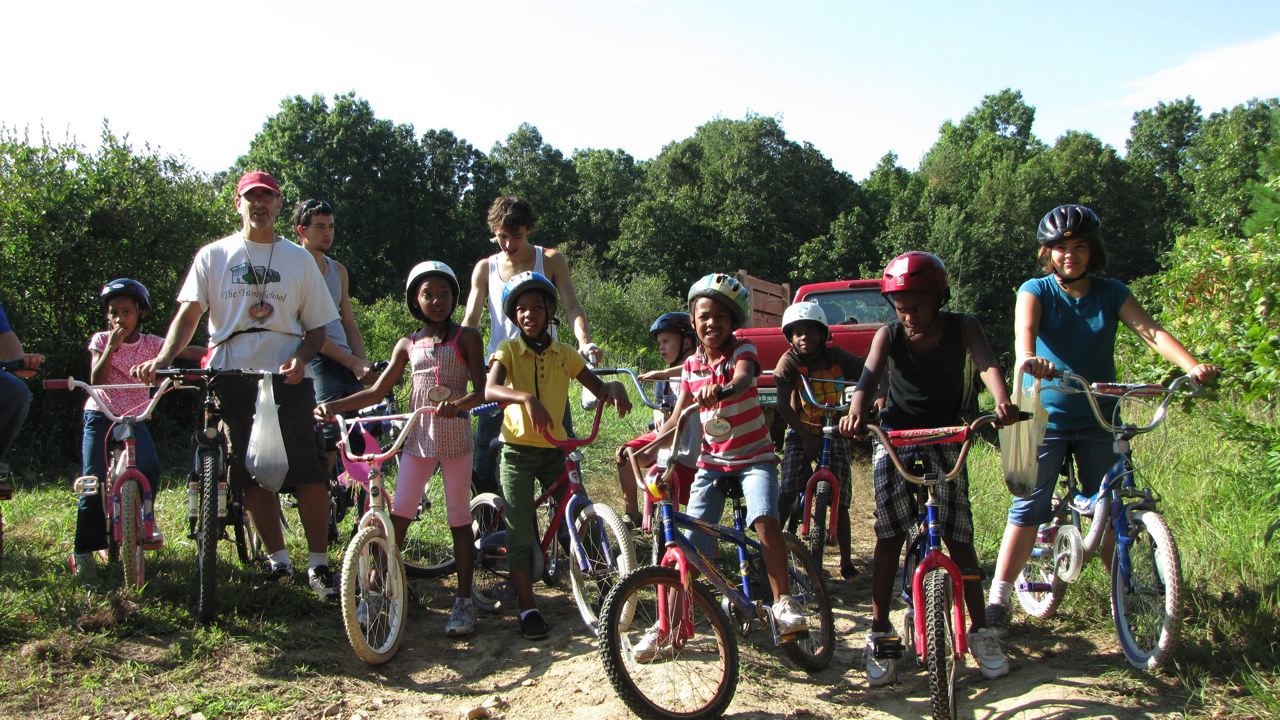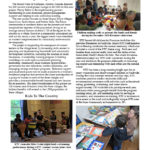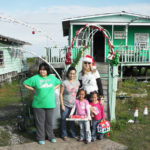Since 1985, the Slim Buttes Agricultural Development Project has enabled Oglala Lakota Sioux families across Pine Ridge Reservation in South Dakota to prepare and maintain gardens to augment their diets with fresh organic produce.
Life expectancy on Pine Ridge (pop. 40,000) is some twenty years shorter than the national average for multiple reasons, including persistent poverty and food insecurity. Families are burdened by diabetes at 800 times the national average. Access to affordable fresh vegetables is literally life-saving.
The project provides tractor services for garden tilling, seedlings, seeds, advice and tools in response to applications from local residents. Many became interested by listening to the project’s weekly radio show “Talking of Things Growing” on the Lakota radio station, KILI FM. Over the years, the project has grown into eight of the nine Pine Ridge reservation districts. From a humble start of six gardens in 1985, 200 gardens benefiting approximately 2500 tribal members were assisted in 2017. Plenty has supported the project with donations from individuals, foundation grants, skilled volunteers and our deep respect and partnership over many years.








